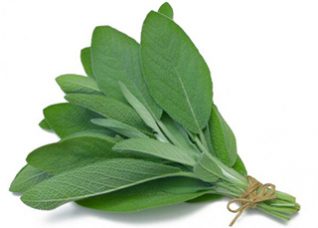
MinerAlert

MinerAlert
Salvia officinalis L.
Dalmatian sage, Garden sage, Salvia.

Leaves and stems.
The leaves are steeped in hot water to make tea. The essential oil is potentially toxic and should be avoided (see precautions below).
This species is used as herbal remedy against a great variety of ailments, especially menstrual problems and those associated with menopause, such as low estrogen and hot flashes as well as to relieve menstrual cramps, and to regulate the menstrual cycle in amenorrhea (absence of menstruation). Sage tea is also used as an appetite enhancer, to reduce intestinal gas (flatulence) and to promote digestion. Sage may also lower blood glucose levels and perhaps could be used in the treatment of diabetes, but only under medical supervision. Applied to the skin, it is used as an antiseptic and an insect repellant. Some mouthwashes contain sage, which has an antiseptic action upon the oral mucosa. Due to its antiseptic action, Sage is sometimes applied as a vaginal douche against fungi that cause candidiasis (yeast infections). Some hair rinses or tonics may contain Sage, purportedly to prevent hair loss, slow the graying process and to maintain natural color, although these claims remain mostly unsubstantiated. Since some of Sage’s active principles have antiviral action, the plant is contained in creams applied to the skin against herpes infections. Experimentally, the plant has shown potential for the treatment of Alzheimer’s disease.
Safety/Precautions:
Before you decide to take any medicinal herb or herbal supplement, be sure to consult with your health care professional first. Avoid self-diagnosis and self-medication: Always be on the safe side!